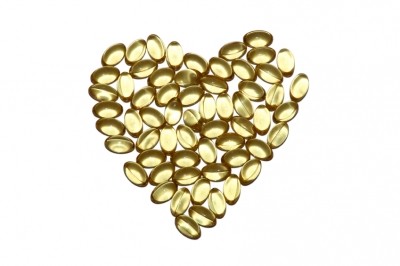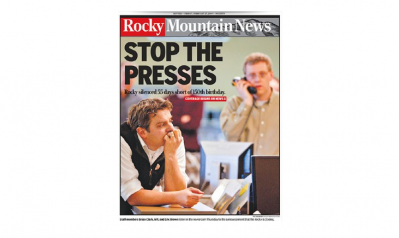GOED EXCHANGE 2016
Omega-3s suffering from believability gap, GOED's Ismail tell attendees

In kicking off the biannual GOED Exchange, Ismail told attendees that there continues to be a major disconnect between what is known about omega-3s and what consumers and some commentators are willing to believe about them.
“Omega-3s are the most studied nutrients in human history,” Ismail said. “We are not making this stuff up that these things are good for you. On average in 82% of all randomized, controlled trials published in the last nine years, the authors have concluded that there is a benefit for omega-3 consumption. We have all this great evidence, so what do we keep getting questioned all the time?”
Ismail said a changing media landscape accounts for some of the disconnect. As noted by some observers (including this author) the mainstream media continues to become more and more fragmented, with less financial support for each individual piece. Thus reporters have less time and resources to delve into complex subjects and are more inclined to build upon the conclusions of previous articles, which exacerbates a trend toward pack journalism. An initial erroneous conclusion can become amplified in this scenario. And as the mainstream media ice pack breaks up into individual floes, popular bloggers (who may or may not really know what they are talking about) gain traction.
“The world of the media has changed and that’s what we have to adapt to,” Ismail said. “A small paper, in one of the lowest tiers of evidence such as a research letter, can get a disproportionate amount of attention in the media.”
Challenge hasn't changed
Ismail laid out a challenge for the industry as it seeks to rectify the situation. It was a challenge issued by former Surgeon General Richard Carmona to attendees at a previous GOED meeting five years ago and which is still relevant, Ismail said. Carmona’s challenge was this:
Use the best evidence to translate science into health literacy
- Communicate using all portals
- Make your labels clear
- Establish consumption guidelines
- Police your industry vigorously
- Pursue safety & efficacy studies
- Develop regulatory guidelines on purity and quality.
“We’ve got a great story to tell and as an industry we haven’t done the best job of it,” Ismail said.
















